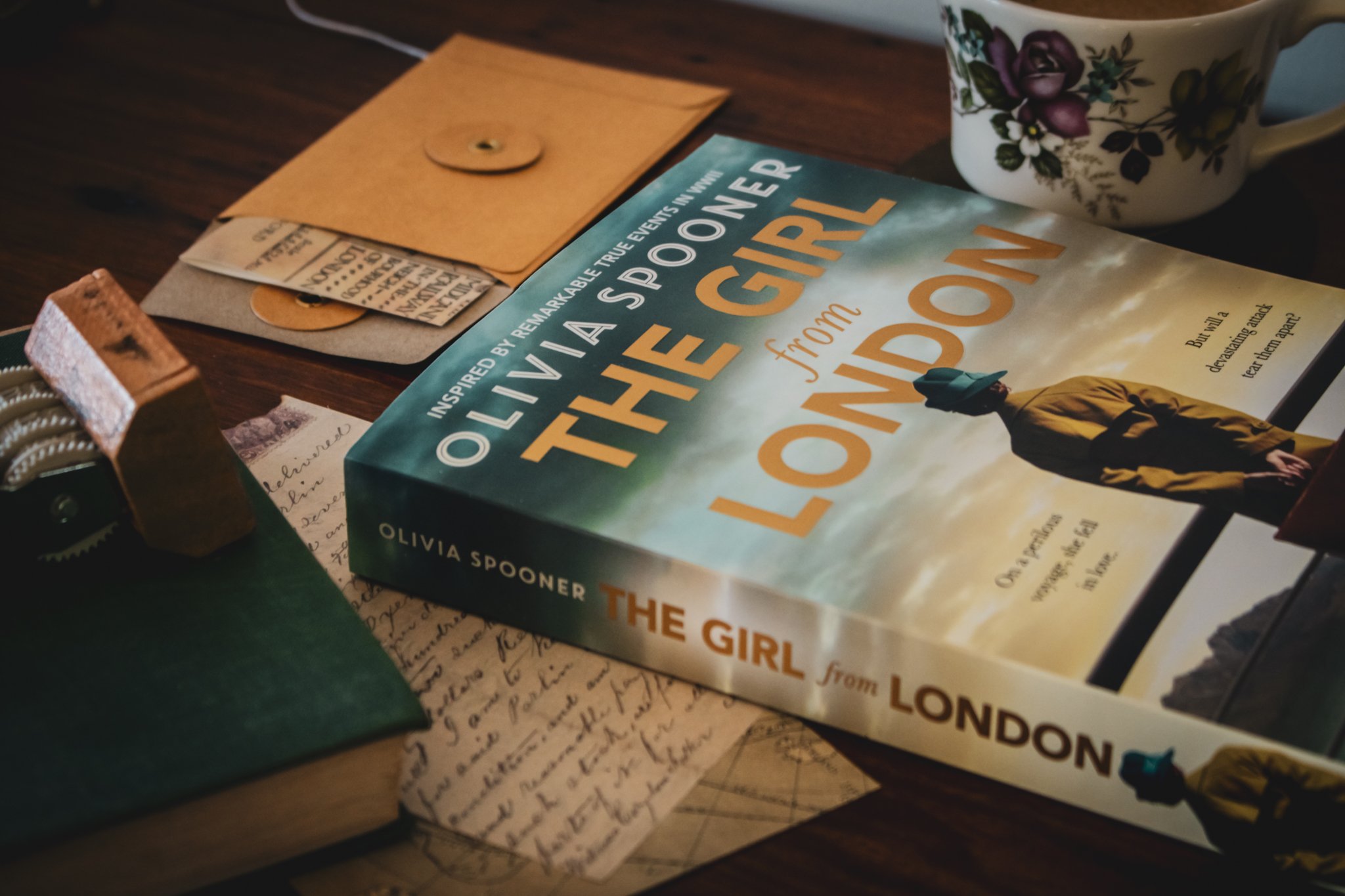‘The Girl from London’ by Olivia Spooner
From the bomb blitz of London to Sydney, then Auckland and a tiny Pacific Island, Emirau Island, New Zealand author Olivia Spooner brings to life the harsh realities of parents having to make heartbreaking decisions to send their children to far off places to ‘keep them safe’ as the shadows of the European war stretched across Britain. Her meticulous research solidifies the fictionalised account, making The Girl From London an absolute must-read.
Young teacher Ruth Best probably acted more from an impulsive headiness than any purist ideal of war service duty, when she accepted the role to accompany the British children being evacuated to Sydney, Australia as part of the controversial program the CORB – Children’s Overseas Reception Board.
As Voluntary Escort to her team of young lads, Ruth forms a bond with the unsettled Fergus and his sister Rosie. Her attentiveness, care and compassion would have been a soothing balm for the children facing uncertainty and huge upheaval from their families and homeland.
Ruth, along with nurses Betty and Una, fellow teacher Bobby and Devan, form firm friendships on the voyage and these characters anchor the tale as the realities of war and the risks of sea travel are realised.
Our history books tell us of the New Zealand Company ship Rangitane that was enroute from Auckland to Britain when it was attacked by German raiders in November 1940 – 550km east of New Zealand’s coastline. Loss of life and the imprisonment of the remaining crew and passengers brought the impact of a world at war to ‘our territory’. German raiders also attacked the Holmwood near The Chatham Islands prior to the Rangitane bringing home the stark reality of war. This historical tragedy is woven into The Girl From London and provides a sobering history lesson that gives depth and credibility that can be appreciated by wartime drama readers.
Available in store and online.
9781869715120 Hachette

